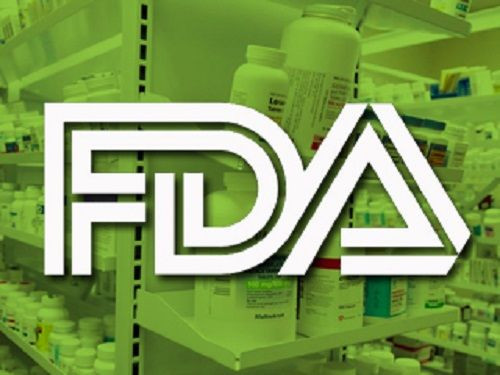FDA Considers Lifting Avandia Restrictions

The Food and Drug Administration (FDA) will meet on Wednesday with a panel of experts to vote on a range of options for the once popular diabetes drug Avandia, including whether or not to lift restrictions on its use, according to USA Today.
The GlaxoSmithKline drug was first approved in 1999 and quickly became one of the top-selling diabetes pills in the world, however, in 2007 an analysis of many studies found that it could raise the risk of heart attacks. The FDA wasn't sure how to react to this at first, because diabetics are already prone to heart problems, but eventually chose to restrict the drug in 2010 to all but the most extreme cases, ones in which it was worth risking heart attack.
The panel will base their vote on Wednesday on a study conducted by researchers at Duke University, and funded by GlaxoSmithKline, known as RECORD. It followed 4,400 patients and tracked rates of heart attack, hospitalization, and death for six years, and found that Avandia is as safe as any other diabetes drugs.
In a review memo posted on Monday, three senior FDA drug officials wrote: "After re-adjudication, we do not find a cardiovascular signal of concern in RECORD. The mortality data are, in fact, reassuring."
GlaxoSmithKline didn't only finance the study, though. According to The New York Times, a memorandum posted by Dr. Thomas Marciniak said that they had also provided all of the documentation to Duke, further compromising the independence of the researchers.
The senior FDA officials also mentioned in their memo that Dr. Marciniak's comments were unprofessional and insulting to FDA staff members and GlaxoSmithKline.
Dr. Steve Nissen of the Cleveland Clinic, and the author of the 2007 analysis, disagrees with the panel meeting. Based on speculation that the meeting is taking place in order to vindicate FDA officials, who have kept Avandia on the market for so many years, he believes they are taking regulatory action for the wrong reasons.
"You want to take a regulatory action because it's going to benefit patients," he said. "I don't see how patients could possibly benefit from lifting these regulatory restrictions."
Dr. Nissen asked for time to make a formal presentation during the meeting, but was denied the chance by FDA officials.
Even with the FDA officials' memo, the agency said it "has not reached any final updated conclusions" on the effects of Avandia on the heart's safety.



























